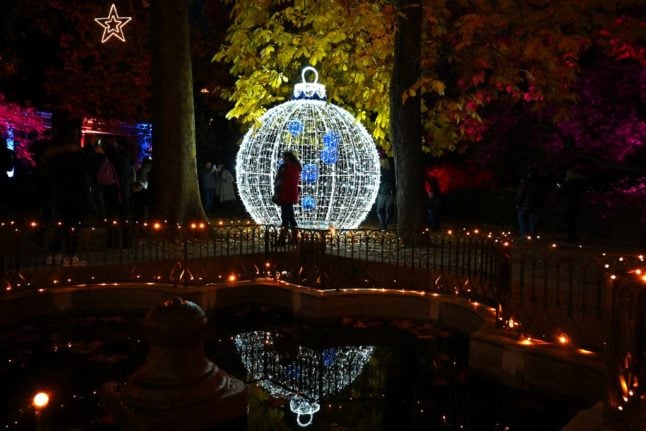As the UK approaches the end of its second lockdown, the government is considering measures to implement during December and – especially – over the Christmas period.
Many Brits residing in Spain have abandoned the idea of spending Christmas with their UK family and friends.
For those still considering travel, barriers have appeared with increasing regularity.
First, there was quarantine, then lockdown, then the prospect of requiring a negative PCR test before returning to Spain – all issues that have caused widespread flight cancellations.
Some areas of Britain will resume being in Tier 2 or 3, where visitors from other households are not allowed. If those hurdles aren’t enough, there’s the off-putting idea of potentially risking the health of our loved ones.
Regardless of our location, Covid measures will change the face of Christmas 2020.
How ‘Navidad’ will look in Spain remains unclear. We know that, in the UK, safety measures for December will be relaxed over the holiday season, with a five day “break” to allow three families or households to gather.
This strategy is already causing considerable concern across the UK, although the ‘Daily Express’ is enthusiastically billing it as Christmas being “saved”.
Non-Christians have complained that such measures were disallowed for their own religious festivals, such as Eid and Diwali. Hindus, Sikhs and Muslims were forced to dampen their usual social arrangements to prevent viral spread.
It’s hard to fault the logic that Christians should make a similar sacrifice for the national interest.
Of course, the reasons for loosening the holiday period restrictions aren’t religious, unless it’s the worship of retail profit. Being popular has always been high on Boris Johnson’s priority list.
He doesn’t want to be labelled the Grinch that stole Christmas. If opinion polls are anything to go by, Johnson may have misjudged the mood of Britain. Clearly, many families are agreeing – for everyone’s health and safety – to keep apart during the festive season.
On the other hand, some people are jaded with Covid restrictions and plan to enjoy the relaxed rules, regardless of the dangers.
Lockdown does not come without cost – whether it’s mental health issues, a rise in domestic violence or simply wanting life to be “normal” again. Some people will feel frustrated and lonely. Many people, understandably, will follow the advice if the government says it’s OK.
Christmas has always been a special time for families to mingle and share traditions, and it is entirely normal for Brits to be fixated with December 25th.
However, nothing about 2020 has been normal. Our movements have been restricted, holidays cancelled, and livelihoods risked. Many people have been worried about their own and loved ones’ safety.
We’ve spent months without seeing our parents, children, siblings or grandchildren, and we all want our old lives back. However, remember that it’s just one Christmas. There will be many more to come!
Amazing progress has been made in the development of promising vaccines. We are a few months away from the protection against Covid that we dreamed about during the first lockdown. Is it worth taking a huge public health risk instead of waiting just a few short months?
Of course, it’s sad that our Christmas dining tables will have empty chairs. What is sadder still is those empty chairs that will never be filled again thanks to this deadly virus.
The best gift we can give this Christmas is to keep our loved ones safe. Roast turkey on the beach next summer anyone?
By Sue Wilson – Chair of Bremain in Spain

READ MORE:
- Which travellers must show negative Covid-19 test on arrival in Spain?
- ANALYSIS: We need to get used to idea of spending Christmas in Spain



 Please whitelist us to continue reading.
Please whitelist us to continue reading.
Is it not the case that the reverse rule – EU nationals visiting the UK is 180/360 ? One hopes some common sense may prevail.